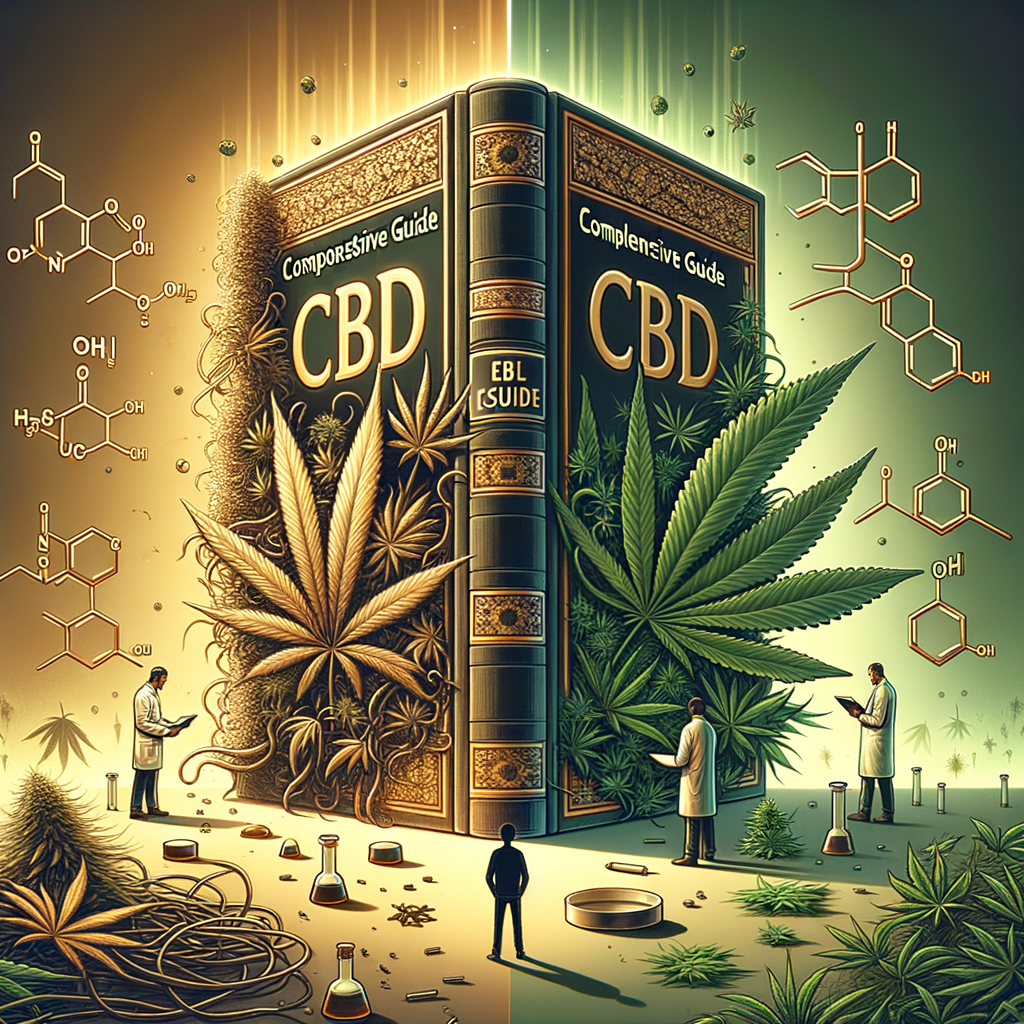Breaking Down CBD Myths and Misconceptions
In recent years, Cannabidiol (CBD) has gained immense popularity, particularly as discussions around cannabis and its derivatives expand. Notably, this compound is often surrounded by myths and misconceptions that can cloud public understanding. This blog post aims to illuminate the truths about CBD by dissecting common myths, providing the reader with accurate information and insights into its effects, uses, and legality.
Understanding CBD: An Overview
CBD is one of over 100 naturally occurring compounds found in the cannabis sativa plant. Unlike its more famous counterpart, tetrahydrocannabinol (THC), CBD is non-psychoactive. This means it does not produce a “high” commonly associated with marijuana use. With a growing body of research suggesting various potential health benefits, it has captured the attention of both scientists and consumers alike.
Myth #1: CBD Gets You High
One of the most pervasive myths is that CBD can induce a euphoric high. This misconception primarily arises from confusion with THC. To clarify:
- CBD is non-psychoactive: It does not alter mental state, ensuring users do not experience the typical high associated with cannabis.
- Source matters: CBD derived from hemp contains low levels of THC (typically below 0.3%), which is insufficient to cause psychoactive effects.
Research Insights
Numerous studies have demonstrated that CBD can help with conditions such as anxiety, epilepsy, and chronic pain without the high, allowing users to maintain clarity and daily functionality.
Myth #2: CBD Is Only for Medical Use
While medication is a significant application, many consumers partake in CBD for general wellness. The potential benefits include:
- Stress relief: Many users find that CBD helps in reducing their everyday stress levels.
- Sleep aid: Some studies suggest that CBD can improve sleep quality and assist with insomnia.
- Anti-inflammatory effects: CBD may help in alleviating minor aches and inflammation post-workout.
A Growing Trend
CBD products range from oils and tinctures to edibles and topical applications, broadening its appeal to a diverse audience beyond medical patients.
Myth #3: All CBD Products Are Created Equal
Not all CBD products have the same quality or effectiveness. When choosing a product, consider:
- Source of CBD: Look for products derived from high-quality, organically grown hemp.
- Extraction methods: CO2 extraction is considered the gold standard for producing clean and potent CBD oil.
- Third-party testing: Trustworthy brands provide lab results to confirm the purity and concentration of their products.
Quality Indicators
Consumers are encouraged to choose brands that are transparent about their sourcing and manufacturing processes, as this significantly impacts the overall efficacy of the product.
Myth #4: CBD Is Illegal Everywhere
The legal status of CBD remains complex and varies significantly by region and product type:
- United States: CBD products derived from hemp with less than 0.3% THC are federally legal; however, state laws vary.
- United Kingdom: Cannabinoids such as tetrahydrocannabinol (THC) are limited to no more than 1 mg per container. However product contents vary.
- International laws: Many countries permit CBD but have specific restrictions regarding THC content and product form.
Navigating Legal Terrain
It is essential for consumers to stay informed about the specific laws governing CBD in their region to avoid legal issues.
Conclusion: Navigating the Myths of CBD
As the interest in CBD continues to grow, so does the spread of misinformation. By understanding the facts surrounding CBD, individuals can make informed choices about its use, whether for health, wellness, or recreational purposes. It is essential to approach CBD with an informed perspective, based on scientific research and evidence rather than hearsay.
In conclusion, being educated on CBD helps foster a balanced dialogue and an awareness of its potential, paving the way for acceptance and understanding in an ever-evolving landscape.
There you have it… See what works for you…
Campbell M Gold
To Create Health, Wealth, Success, and Longevity through the Power of Your Subconscious Mind, Visit: Campbell M Gold.com
Visit The Store and see what else can be of help

